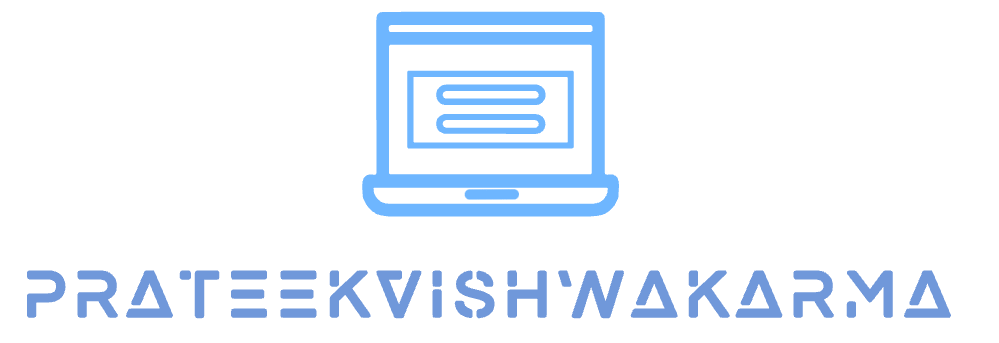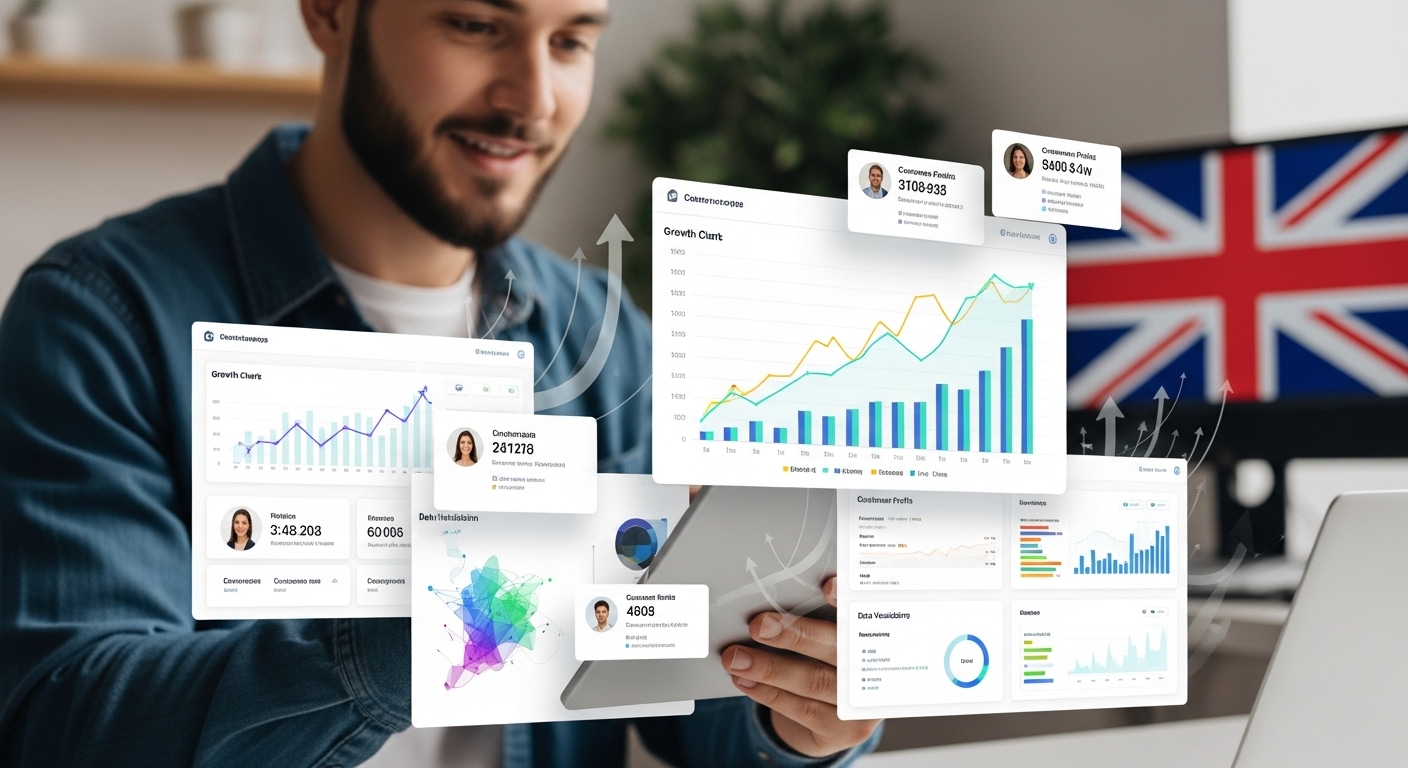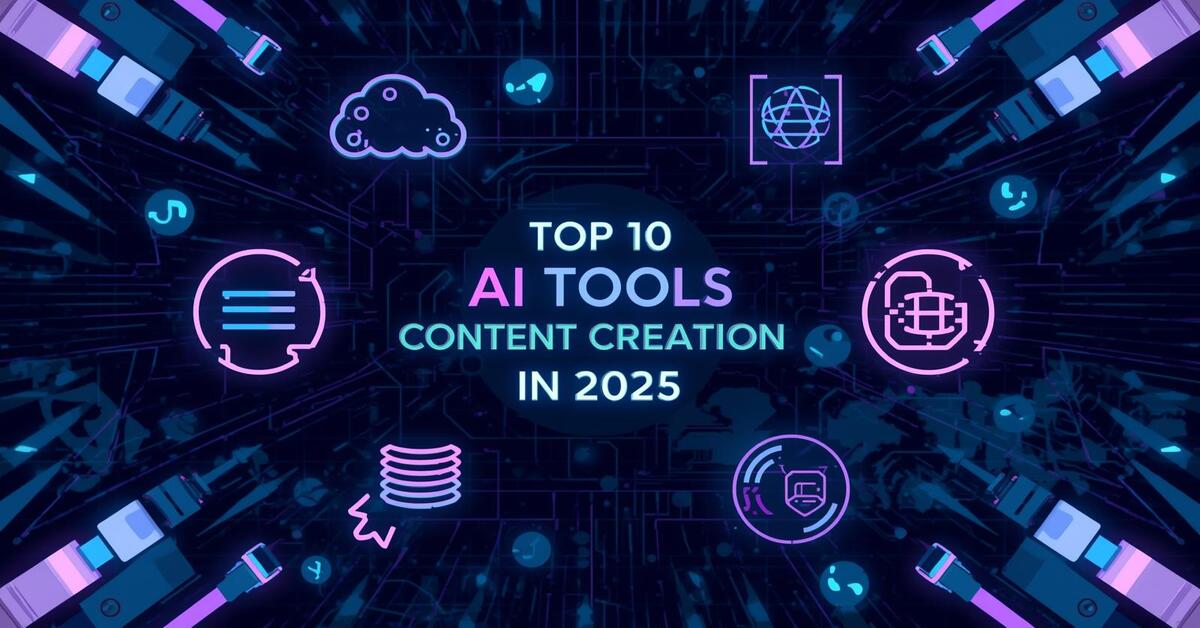Table of Contents
Delphi-2M: The AI Tool Predicting Over 1,000 Diseases
Introduction
In a groundbreaking advancement in healthcare technology, Delphi-2M is emerging as one of the most sophisticated AI tools for predictive medicine. Leveraging advanced machine learning and massive datasets, Delphi-2M can forecast an individual’s risk of over 1,000 diseases—even decades before symptoms appear. This capability marks a transformative step in preventive healthcare, potentially enabling personalized interventions that could save millions of lives.
Healthcare systems worldwide face mounting pressure due to chronic disease prevalence and aging populations. Delphi-2M’s predictive prowess promises to reshape patient care, reduce costs, and facilitate early diagnosis. In this article, we dive deep into how Delphi-2M works, its real-world applications, potential limitations, and future possibilities.
Semantic/LSI Keywords: predictive healthcare AI, machine learning disease prediction, Delphi-2M capabilities, preventive medicine AI, AI in healthcare trends.
How Delphi-2M Works
Architecture and Training
Delphi-2M is a modified large language model (LLM) specifically adapted for healthcare data. Using anonymized medical histories, genomic data, lifestyle information, and environmental factors, Delphi-2M learns to identify patterns that signal disease risk. Unlike traditional predictive models, Delphi-2M combines deep neural networks with attention mechanisms, enabling it to model complex interactions across thousands of variables.
Data Sources and Scale:

Predictive Mechanism
Delphi-2M uses risk stratification algorithms to assign probabilities for over 1,000 diseases, from common conditions like diabetes and hypertension to rare autoimmune disorders. It continually updates predictions as new data enters the system, improving accuracy and reducing false positives.
Comparison: Traditional Models vs Delphi-2M

Applications and Implications
Clinical Applications
- Early Diagnosis: Doctors can receive alerts for patients at high risk for conditions like cardiovascular disease, enabling early interventions.
- Personalized Care Plans: Treatment strategies can be tailored based on predicted risk, lifestyle, and genetic predispositions.
- Healthcare Resource Management: Hospitals can allocate resources more effectively, anticipating future disease burden.
Ethical and Privacy Considerations
While Delphi-2M offers tremendous potential, it also raises questions:
- Bias in Data: Historical health data may reflect disparities in access to care.
- Privacy: Handling millions of patient records requires strict compliance with HIPAA, GDPR, and other privacy laws.
- Decision-Making: Predictions should assist, not replace, medical judgment.
Real-World Case Studies
Case 1: Cardiovascular Risk Prediction
A 45-year-old patient with no symptoms received an early risk score for cardiovascular disease. Intervention through lifestyle changes and preventive medication reduced his projected risk by 40% over 10 years.
Case 2: Rare Autoimmune Disease Detection
Delphi-2M identified a 1 in 10,000 risk of a rare autoimmune disorder in a 30-year-old woman. Early monitoring and treatment prevented severe complications.
Future Outlook
The future of Delphi-2M could include:
- Integration with wearable health devices for real-time monitoring.
- Expansion to global datasets to enhance predictive accuracy across populations.
- Development of interactive patient dashboards, empowering individuals to understand and mitigate their health risks.
Experts predict that predictive AI like Delphi-2M could become standard practice in preventive medicine within the next five years, fundamentally shifting how healthcare is delivered.
FAQs (Schema-Ready)
- What is Delphi-2M?
Delphi-2M is a large-scale AI model that predicts the risk of over 1,000 diseases using patient medical histories, genomics, and lifestyle data. - How accurate is Delphi-2M?
Studies indicate Delphi-2M achieves 85–92% predictive accuracy, outperforming traditional risk models. - Is Delphi-2M safe for patient use?
Yes, when integrated under medical supervision, it enhances preventive care. Ethical and privacy safeguards are critical. - Can Delphi-2M replace doctors?
No. It assists clinicians by providing data-driven insights but does not replace professional medical judgment. - How can I access Delphi-2M predictions?
Currently, Delphi-2M is in limited clinical trials and partnerships with select hospitals and research institutions.















